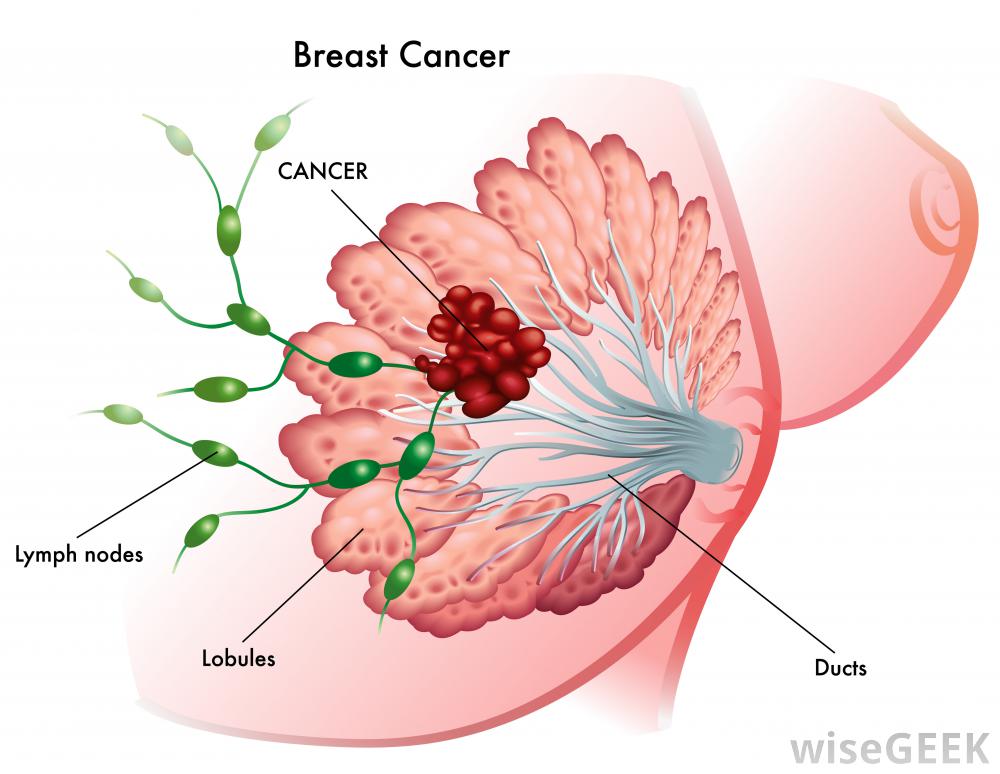
Diagnosed with Cancer? Your two greatest challenges are understanding cancer and understanding possible side effects from chemo and radiation. Knowledge is Power!
Learn about conventional, complementary, and integrative therapies.
Dealing with treatment side effects? Learn about evidence-based therapies to alleviate your symptoms.
Click the orange button to the right to learn more.
- You are here:
- Home »
- Blog »
- Newly Diagnosed »
- Bisphosphonates as Adjuvant Breast Cancer Therapy
Bisphosphonates as Adjuvant Breast Cancer Therapy

“The primary concern in breast cancer (BC) patients is that this accelerated bone loss, known as cancer treatment-induced bone loss (CTIBL), will lead to an increase in fractures, chronic pain, and loss of mobility”
Many breast cancer treatments may induce bone loss which can lead to a condition known as cancer treatment-induced bone loss (CTIBL). The article linked below explores many of the issues of concern and the role that bisphosphonates might play in helping to alleviate the bone loss. It also mentions that “emerging data indicate that the use of bisphosphonates in the adjuvant setting may prevent disease recurrence and prolong survival.”
I am both a cancer survivor and cancer coach. Bisphosphonate therapy is standard-of-care therapy for newly diagnosed myeloma patients (my cancer). Equally important are the evidence-based non-toxic bone health therapies that I currently take to keep my bones strong.
For more information about both conventional and integrative bone health therapies, either scroll down the page, post a question or comment and I will reply ASAP or email me at david.peoplebeatingcancer@gmail.com and I will email you the bone health guide. For free, of course.
thank you,
David Emerson
- Cancer Survivor
- Cancer Coach
- Director PeopleBeatingCancer
The Role of Bisphosphonates in the Adjuvant Setting for Breast Cancer
Bone health is a critical issue in the management of women with BC. Many women who develop breast cancer are postmenopausal, which already predisposes them to osteoporosis. Systemic treatments for breast cancer, including chemotherapy and endocrine therapy, decrease circulating levels of estrogen in both pre- and postmenopausal women, further accelerating the natural process of bone loss.
The primary concern in BC patients is that this accelerated bone loss, known as cancer treatment-induced bone loss (CTIBL), will lead to an increase in fractures, chronic pain, and loss of mobility.
Bisphosphonates are highly effective at slowing the rate of bone loss in postmenopausal women with osteoporosis and at preventing skeletal-related events in women with metastatic breast cancer. Many studies are now focusing on the role of bisphosphonates in preventing CTIBL in the adjuvant setting.
Both oral and intravenous bisphosphonates have shown promising activity in preventing CTIBL in patients receiving chemotherapy or hormonal therapy. In addition, emerging data indicate that the use of bisphosphonates in the adjuvant setting may prevent disease recurrence and prolong survival. Data from a number of ongoing trials will further elucidate the role of bisphosphonates in the adjuvant setting over the next few years.
PMID: 20568587 [PubMed – indexed for MEDLINE]
Bone health in breast cancer survivors
“The objective of this paper is to carry out a systemic review of the literature investigating issues related to bone health in survivors of breast cancer. Given the fact that only a fraction of women with breast cancer receive appropriate assessment of their bone health, it is hoped that this review will help raise awareness of bone health concerns in this patient population.
Articles published in the English language addressing issues related to bone health in breast cancer were accessed using Pubmed database. Studies were searched using keywords like: “Osteoporosis”, “osteopenia”, “bone health”, “breast cancer”, “denosumab” and “bisphosphonates”.
Current evidence suggests that women who survive their breast cancer are at high risk for significant bone loss. Recent clinical guidelines recommend assessment of bone mineral density (BMD) in high-risk patients.
Nonpharmacologic interventions including lifestyle changes, vitamin D and calcium supplements are extremely important. Bisphosphonates, in both oral and parenteral formulations, are increasingly used while new agents, like denosumab, have recently been approved.
Due to the widespread use of screening mammography and early detection programs leading to breast cancer diagnosis at a much earlier stage and the recent introduction of more effective anticancer therapy, more women are surviving their breast cancer, which highlights the need for survivorship programs that address issues like bone health. Many recent professional societies are addressing these issues and updating their recommendations and guidelines.”


